Tag: self awareness
-
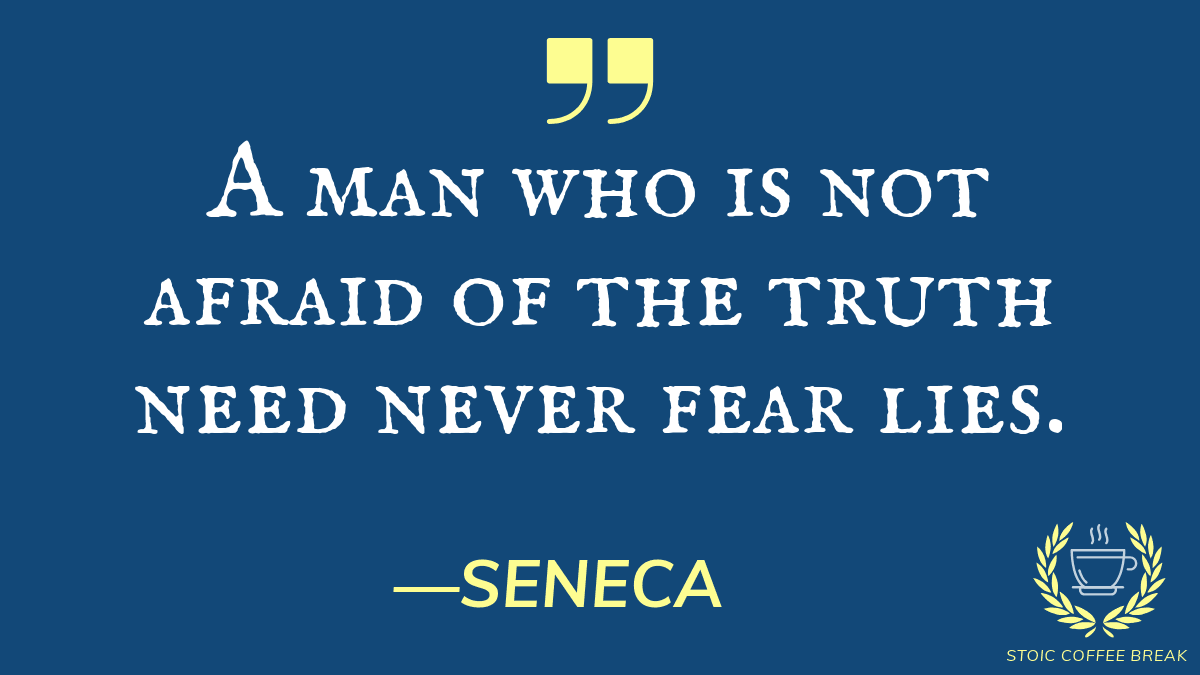
323 – Truth vs. Ego: Stoicism and the Backfire Effect
“A man who is not afraid of the truth need never fear lies.” —Seneca Ever tried changing someone’s mind, only to see them dig in deeper? That’s the backfire effect—a cognitive bias where contradicting evidence strengthens existing beliefs. Discover how Stoicism can help us navigate and mitigate this bias, fostering growth and intellectual humility.
-
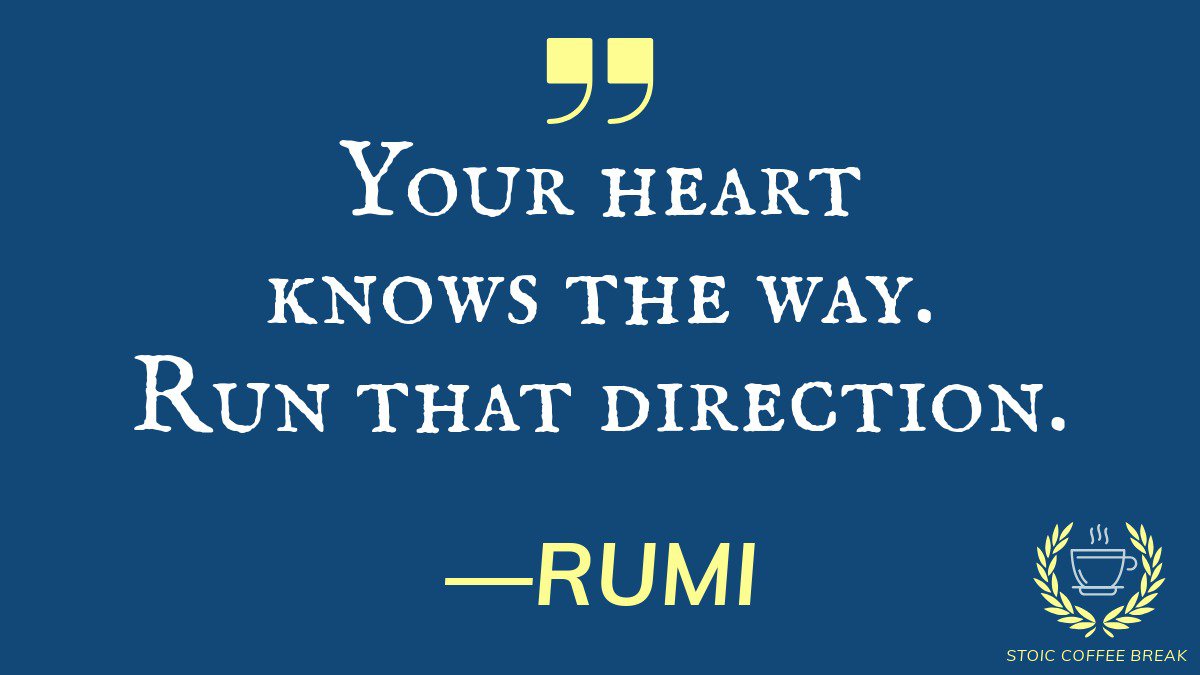
322 – Wise Feelings: The Secret Sauce to Smart Choices
“Your heart knows the way. Run that direction.” —Rumi Emotions often get a bad rap as obstacles to clear thinking, but what if they’re actually our internal GPS guiding us towards our deepest values? Discover how embracing and understanding your emotions can lead to wiser, more aligned decisions.
-
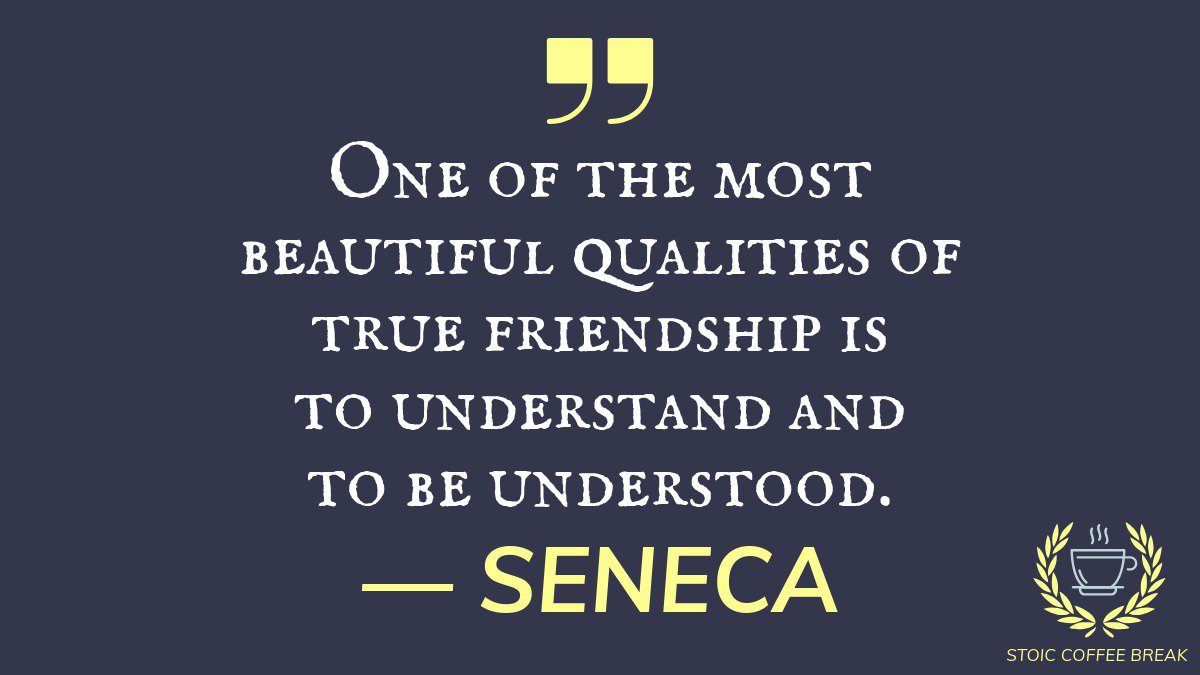
311 – Open Mind, Open Heart: Stoicism and Human Connection
“One of the most beautiful qualities of true friendship is to understand and to be understood.” —Seneca Are you yearning for deeper connections with those around you? Discover how Stoicism, often misunderstood as emotionally detached, can actually foster profound relationships. Learn to master your emotions and embrace authenticity for more meaningful bonds.
-
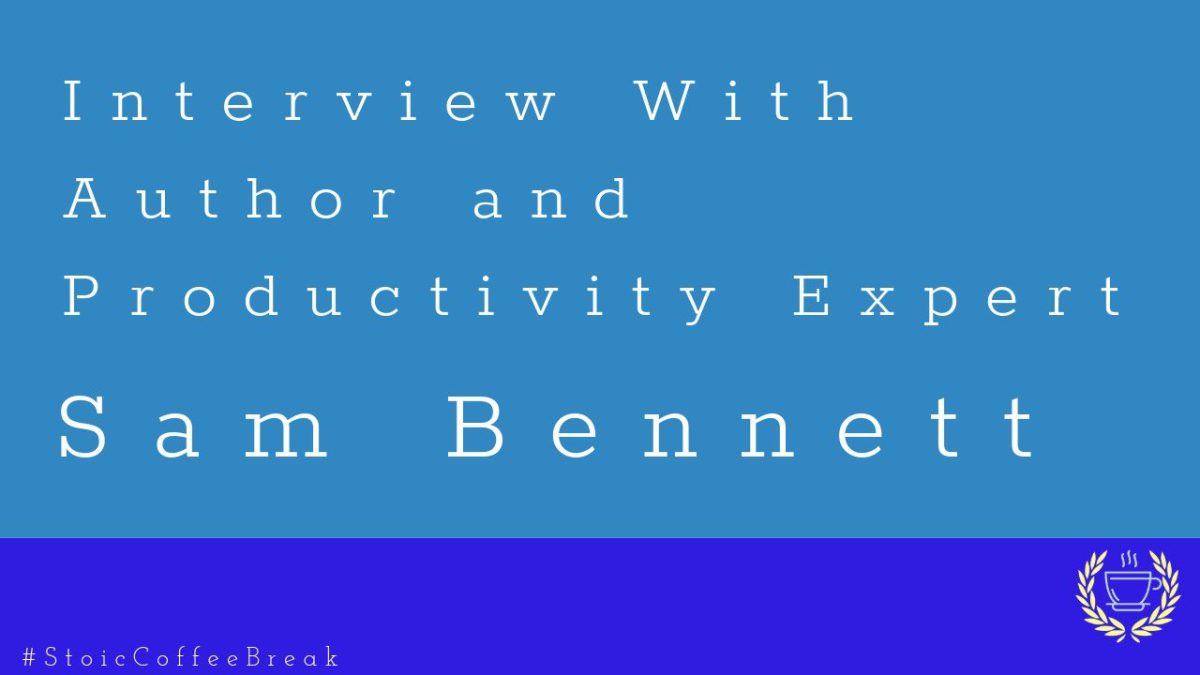
306 – Interview With Author and Productivity Expert Sam Bennett
Dive into the insightful conversation with Sam Bennett, an author and productivity expert, as she shares her journey from the stages of Second City Theater to becoming a beacon for creative minds. Discover practical tips on overcoming procrastination, embracing hobbies versus art, and following your passion’s sparkly breadcrumbs. This engaging dialogue promises to inspire and…
-
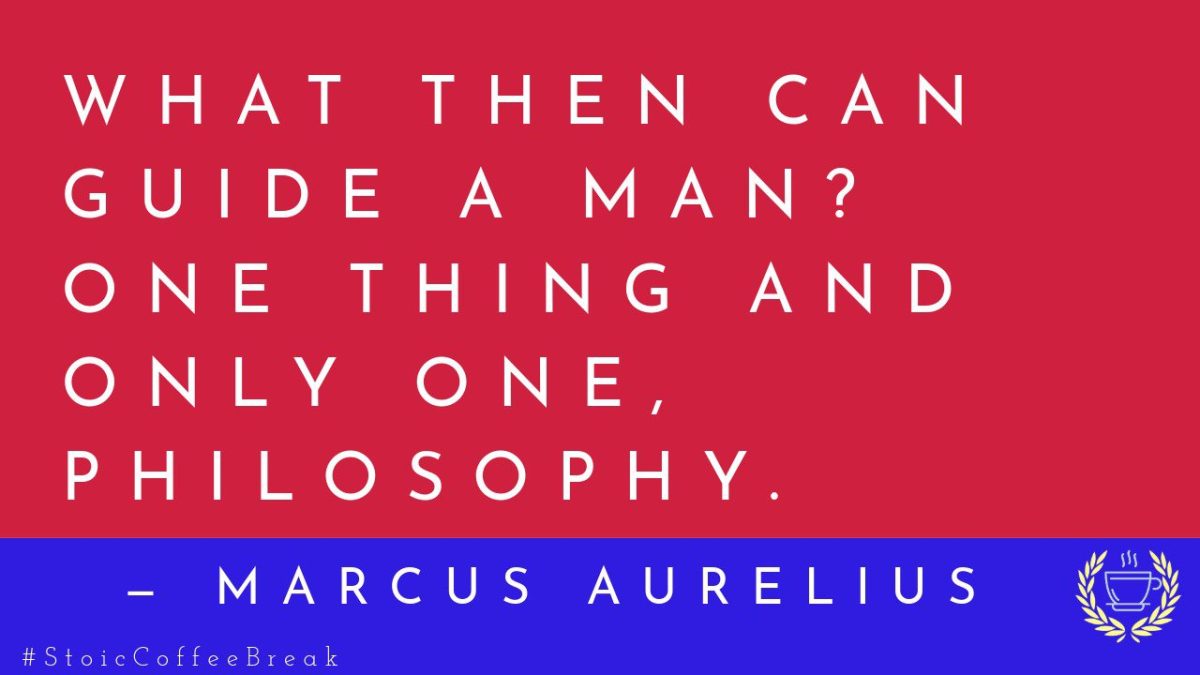
298 – A Map is Good, A Compass is Better
“What then can guide a man? One thing and only one, philosophy.” —Marcus Aurelius Navigating life with a plan is helpful, but relying on an inner compass of virtues like wisdom and courage makes us adaptable and resilient. Stoicism teaches that while maps may fail, our internal principles guide us through uncertainty, helping us grow…
-
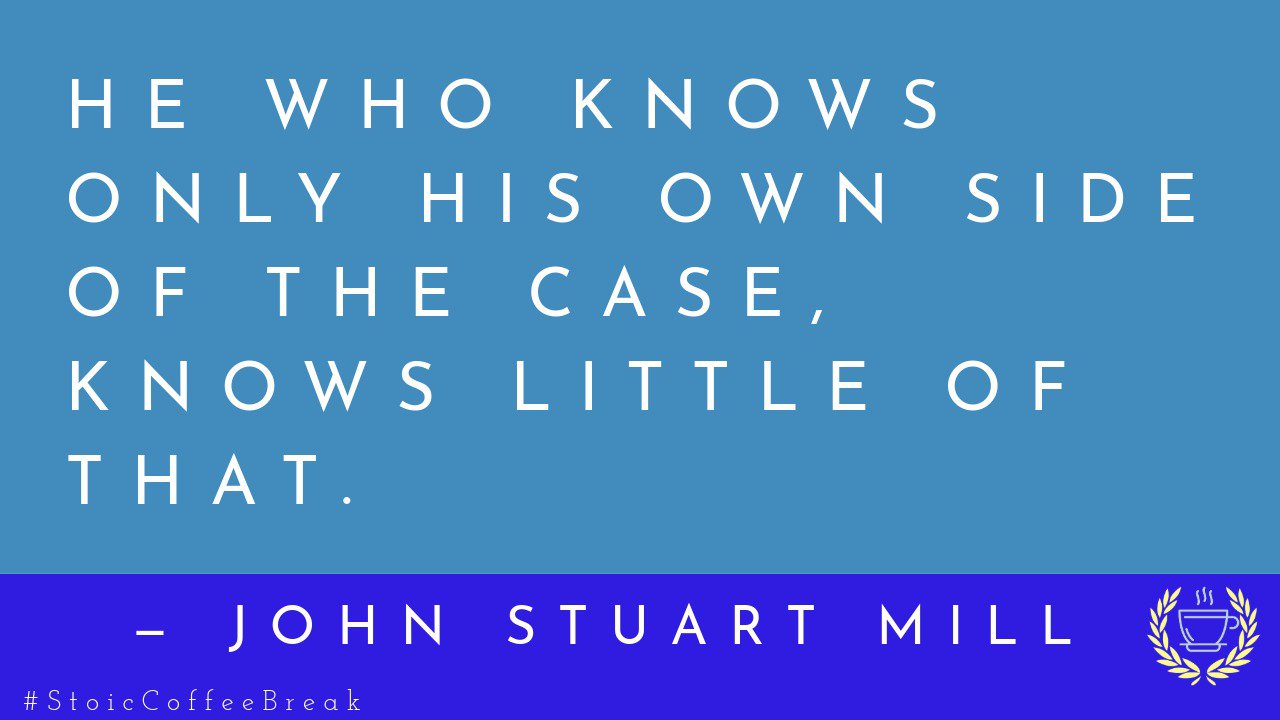
297 – From Socrates to Seneca: The Timeless Power of a Good Question
“He who knows only his own side of the case, knows little of that.” —John Stuart Mill Embracing the wisdom of the Stoics, we delve into the art of questioning—a fundamental skill that not only enhances our understanding but also connects us deeply with others. Through reflective inquiry, we uncover the power of curiosity and…
-
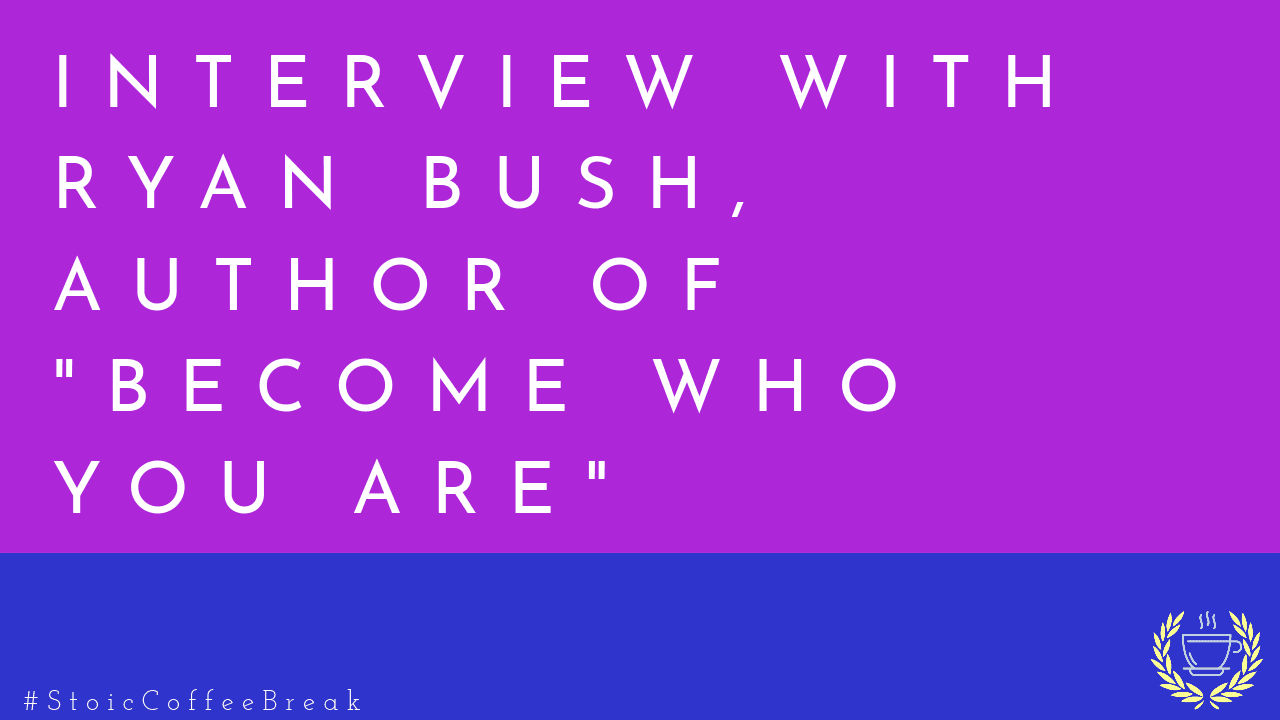
280 – Interview with Author Ryan Bush
This week’s episode features an interview with author Ryan Bush, who takes a design approach to structuring your thinking. In this conversation, they discuss topics such as changing how you think, self-esteem, and depression. Ryan shares insights from his book “Become Who You Are,” which explores the connection between happiness and embodying personal virtues. Tune…
-
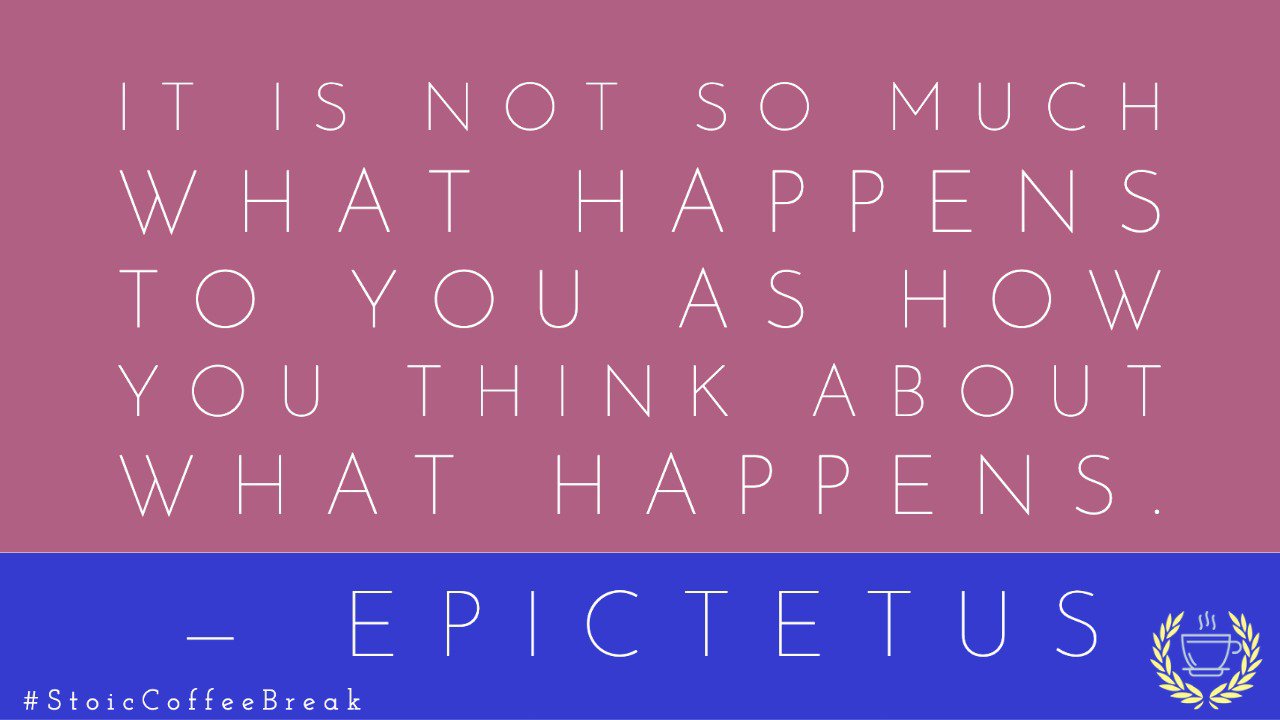
263 – No Self
“It is not so much what happens to you as how you think about what happens.” ― Epictetus Do you think of yourself as a “self”? What if we had no part of us that was an enduring self? How would that change how you acted in the world? Today I want to talk about…
-
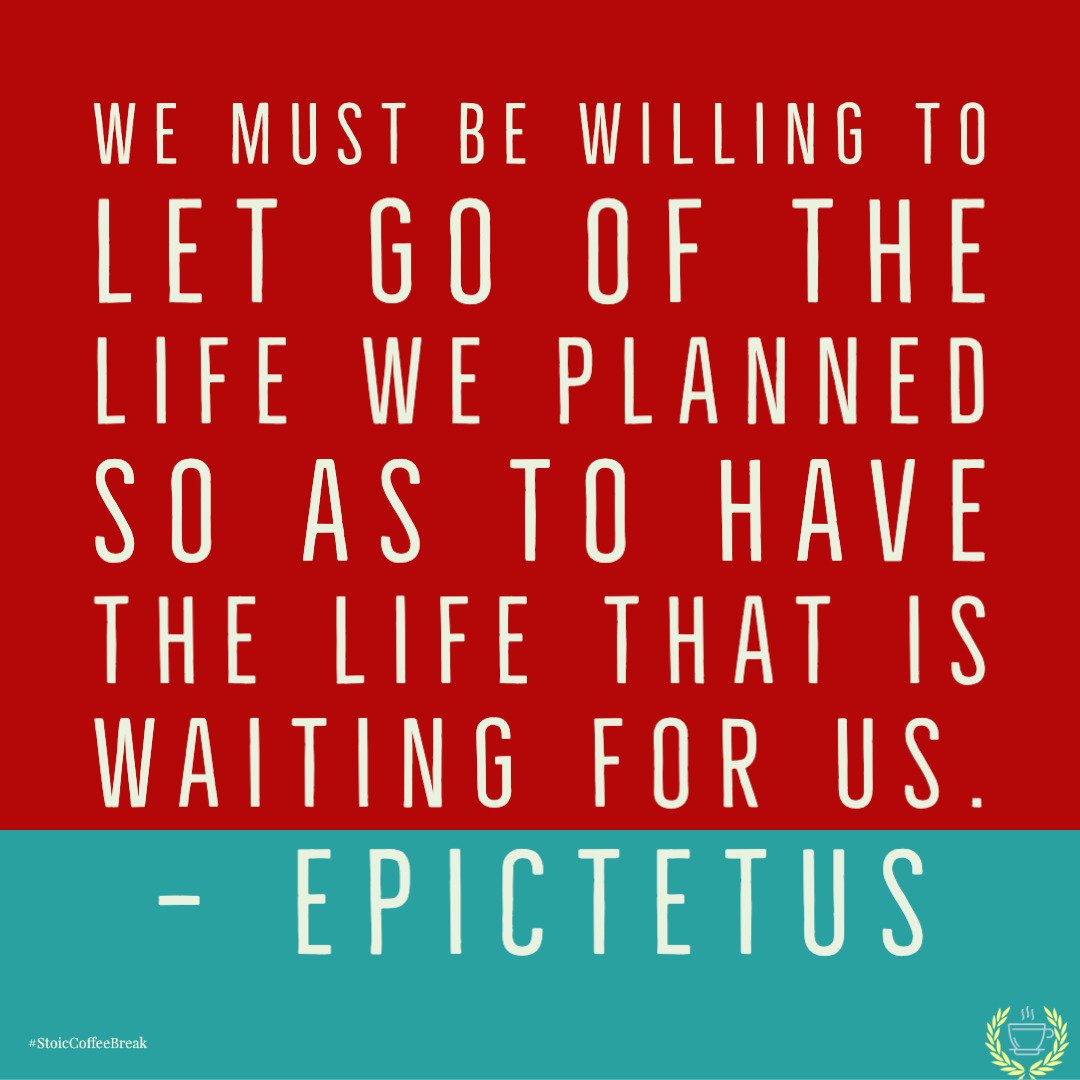
250 – When Life Has Other Plans
“We must be willing to let go of the life we planned so as to have the life that is waiting for us.” — Epictetus. When life throws you curveballs, how do you handle them? Do you freak out? Do you roll with it? Do you look at it as an opportunity or a disaster?…
-
137 – Worthy of Your Potential
“Tentative efforts lead to tentative outcomes. Therefore, give yourself fully to your endeavors. Decide to construct your character through excellent actions and determine to pay the price of a worthy goal. The trials you encounter will introduce you to your strengths. Remain steadfast…and one day you will build something that endures: something worthy of…